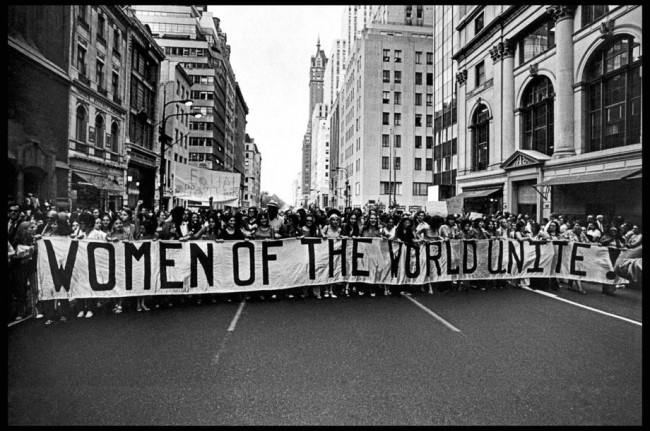Emma Charlotte Duerre Watson is a British actress, model, and activist. Emma has been very successful in all aspects of her life. She was recently pointed the good will ambassador UN women. In this role shes taken the opportunity to speak up against sexism. At the World Economic Forum she gave a speech about gender equality and established important points and apposed important questions that will all need to answer and act upon in order to created gender equality. She stresses the importance of young girls having a positive women role models, treating your children equality, boys and girls a like, husbands supporting their female partners towards fulfilling their dreams, speaking up when a women is degraded/belittled, engaging women in leadership positions, challenging the portrayal of women in the media, and implementing principles of female empowerment.
https://www.bustle.com/articles/60240-7-feminist-questions-emma-watson-asks-at-the-world-economic-forum-that-we-all-need-to
Who rules the world?
Thursday, January 12, 2017
Can you tell the difference?
Men are respected and honored with
the claim they have slept with multiple women. But, on the other hand, if a
women claims she has slept with multiple men for the same reason, pleasure and
enjoyment, the women are “slut shamed” and are seen as women who have little to
no self- respect. Men can easily take off their shirt on a warm day and receive
no negative judgement. Women on the other hand can’t wear too short of clothing
or show too much of their shoulders because society says if they do, they are
asking for sexual attention. I understand that in intimate situations, a woman
showing her shoulder or lifting her clothing up her leg is an action involved
in sexual attention. However, a woman in broad daylight wearing a spaghetti
strapped shirt or a mini skirt isn’t asking for any more sexual attention than
a male is by wearing his pants low (so the underwear shows), or taking off his
shirt because it is hot outside. It is necessary to understand that there is a
difference between a woman showing shoulder in a sexual manner, and showing
shoulder in an everyday, going to the grocery store, “it’s hot outside and this
is the best she can do to keep herself cool other than taking her shirt off”
manner. If you can’t tell the difference, that’s your own problem to solve, not
the woman’s. You can’t expect the woman to solve your problems by making her
feel forced to change her attire.
Media’s impact on body image
Adolescents are the most vulnerable
for falling for Media’s idea of beauty. In the adolescent years boys have more
confidence than girls. Girls go through puberty before boys, and have a hard
time seeing the changes to their bodies. They turn to media to see what puberty
should bring. When they don’t look like the girls on the screen or the
magazines they go to extremes to do so because of the low self- confidence they
develop from going through puberty and having their bodies change.
“The National Eating Disorders
Association reports that one in every 3.8 televisions commercials conveys an
“attractiveness message,” telling viewers what is considered attractive. These
messages convey the idea that extreme thinness is much more attractive and
desirable than a normal, healthy weight. The typical American teen sees more
than 5,260 of these “attractiveness messages” every year. You can see why there
would be a connection between eating disorders and body image.” These
“attractiveness messages” are false advertising. The people in the commercials,
magazines, and social media are re-touched and edited. Adolescents are going to
extremes, such as starving themselves or bingeing to look like the impossible
“body goals” that media displays.
Tuesday, January 10, 2017
Women are better of today, but still far for equal to men
There have been huge changes for women in terms of employment in the past decades, with women moving into paid employment outside the home in ways that their grandmothers and even their mothers could only dream of. Even those women working in factories or sweatshops have more choice and independence than if they remained at home. But their experience is contradictory, as feminist economist Ruth Pearson points out:
"As individual workers they experienced both the liberating or the “empowering” impact of earning a regular wage, and of having increased autonomy over their economic lives; at the same time many were also well aware of the fact that their work was low paid, both in comparison with male workers but also with women workers employed in industrialized countries."
"Short film on Women. Justice delayed is justice denied...Its time to wake up people and keep the agitation alive!!!
We need to have a safer INDIA where the women community can live free from abuse and fear!!!
Please share and show gratitude to our Women!!"
https://www.youtube.com/watch?v=NYHi85VlrWU
We need to have a safer INDIA where the women community can live free from abuse and fear!!!
Please share and show gratitude to our Women!!"
https://www.youtube.com/watch?v=NYHi85VlrWU
Friday, January 6, 2017
Subscribe to:
Comments (Atom)

